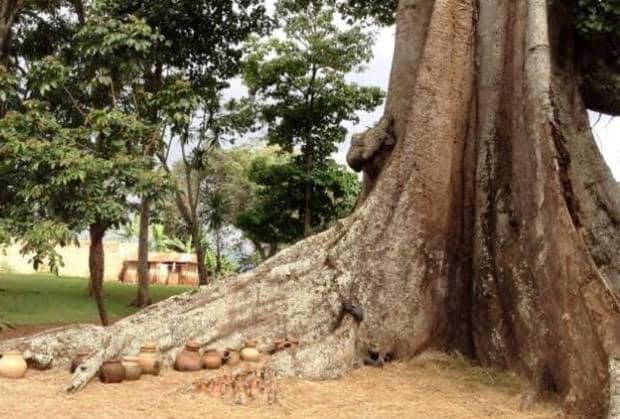
 Tiger FM
Tiger FM

 Tiger FM
Tiger FM
25 September 2025, 10:35 am

By Ronald Ssemagonja
Culture and art can play a powerful role in mobilising Ugandans to conserve the environment, according to cultural environmentalist Giland Njopgang, who addressed the media in Kampala yesterday.
Njopgang emphasised that Africa’s deep cultural roots historically nurtured a symbiotic relationship between people and nature, where trees, animals, and land were protected through spiritual and communal practices. “Societies believed that gods and spirits safeguarded families, animals, and trees. Cutting down trees required the approval of elders,” he noted.
He explained that trees in villages not only provided shelter but also acted as natural meeting halls where elders shared wisdom with the youth, often through proverbs—a practice famously described by writer Chinua Achebe as “the palm wine with which words are eaten.”
However, Njopgang expressed concern that Western influence and modernisation have eroded such cultural traditions of collective responsibility. He pointed out that art, music, dance, drama, and visual expression remain the most powerful tools to revive these practices.
Citing global examples, he recalled how South African artists like Yvonne Chaka Chaka and Lucky Dube used music during apartheid to rally international solidarity, culminating in Nelson Mandela’s release in 1994. Similarly, Uganda’s late Philly Bongole Lutaya used his music to raise awareness about HIV/AIDS, leaving an indelible mark on the fight against the pandemic.
“Artists in Uganda and East Africa should be motivated to use their talents to drum up support for environmental conservation,” Njopgang said. He warned of the alarming rate at which green belts, playing fields, and drainage channels in urban areas are being lost, while rural communities continue cutting down trees without replanting.
He concluded by calling on policymakers, law enforcers, and artists alike to act urgently. “Given that art and music are the food of the soul, mobilising Ugandans through creative expression is the magic bullet to save our environment. Trees must be replanted, swamps must be protected, and our cultural values revived to safeguard future generations.”